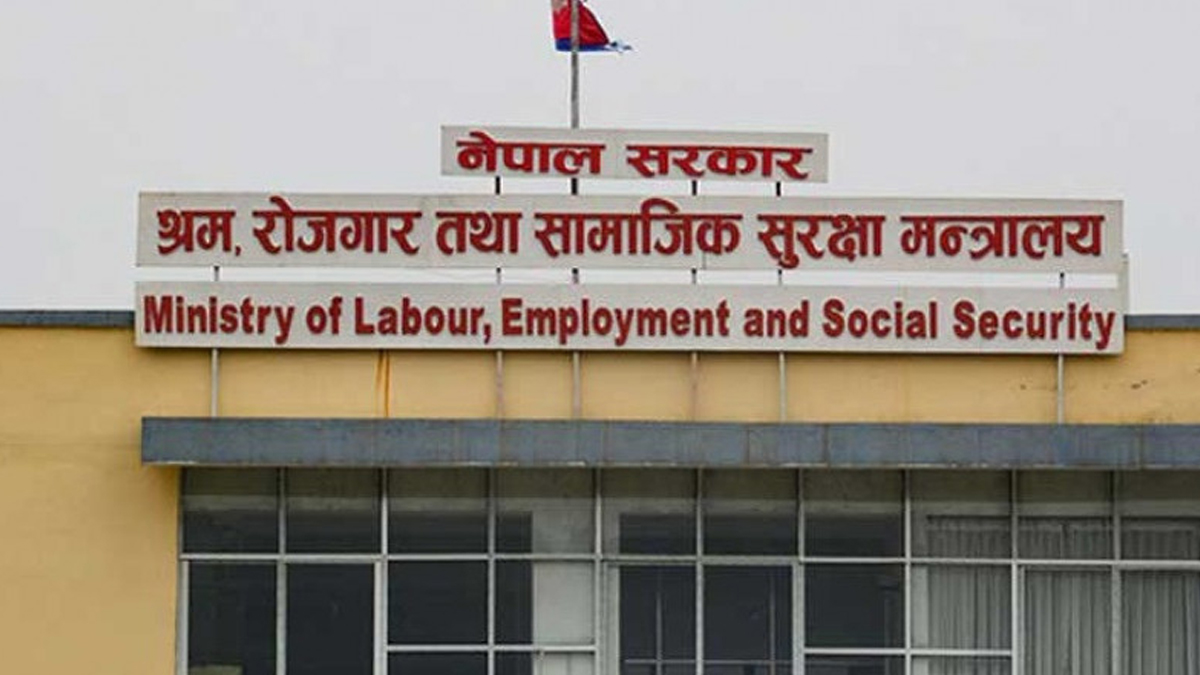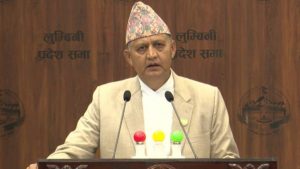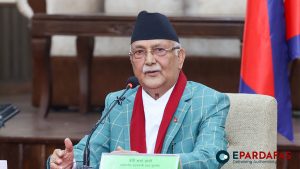
Nepal Struggles to Meet Germany’s Skilled Worker Demand

Eight months after Nepal and Germany inked a labor agreement aimed at facilitating fair and legal migration, the Nepali government has yet to dispatch any workers to the European nation. This delay is attributed primarily to a mismatch in the skills of the Nepali workforce and the demands of German employers.
The labor agreement, formally known as the Joint Declaration of Intent (JDOI), was signed in October last year with the intention to send Nepali workers to Germany within three years. However, the specific requirements for skilled workers in fields such as IT, healthcare, and technical sectors have posed significant challenges.
According to the Ministry of Labor, Employment, and Social Security, the main issue lies in the scarcity of locally available skilled workers who meet the qualifications sought by German companies. Sectors like information technology are particularly affected, with many of Nepal’s most qualified professionals opting for employment or higher education abroad.
Germany has expressed a keen interest in recruiting from Nepal across several sectors including healthcare, agriculture, and IT. The country has planned to hire at least 3,000 Nepali workers. However, the lack of adequately trained personnel and the absence of high-standard training facilities in Nepal remain significant hurdles.
Govinda Rijal, spokesperson for the Ministry, stated, “Sending skilled and experienced labor to developed countries like Germany immediately after agreements are signed is challenging.” He highlighted ongoing discussions with the German Embassy to potentially start with semi-skilled workers as an interim solution.
Both nations continue to work on resolving these issues, with hopes of commencing the migration process soon.












Comments